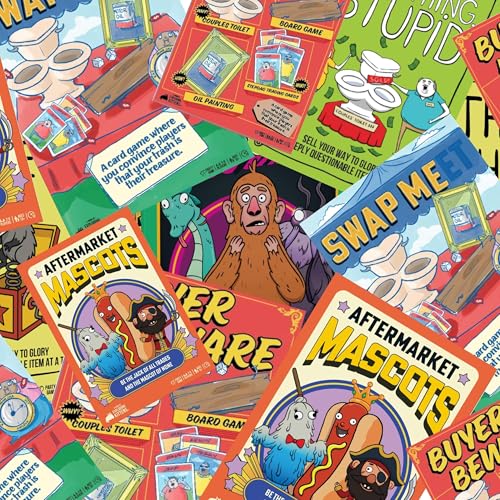We’ve been checking in on the economic conditions in Venezuela for about a decade now. In response to the U.S. strike and the capture of Venezuelan president Nicolás Maduro this weekend, we’re re-surfacing this episode with an update.
The original version ran in 2016, with an update in 2024.
Back in 2016, things were pretty bad in Venezuela. Grocery stores didn’t have enough food. Hospitals didn’t have basic supplies, like gauze. Child mortality was spiking. Businesses were shuttering. It was one of the epic economic collapses of our time. And it was totally avoidable.
Venezuela used to be a relatively rich country. It has just about all the economic advantages a country could ask for: Beautiful beaches and mountains ready for tourism, fertile land good for farming, an educated population, and oil, lots and lots of oil.
But during the boom years, the Venezuelan government made some choices that add up to an economic time bomb.
Today on the show, we run through the decisions that foreshadowed the collapse, and we hear from people in Venezuela in 2016 at a particularly low point for the economy, then again and in 2024 after a bounce back and a stabilization, in part due to the unlikely impact of the U.S. dollar.
Pre-order the Planet Money book and get a free gift. / Subscribe to Planet Money+
Listen free: Apple Podcasts, Spotify, the NPR app or anywhere you get podcasts.
Facebook / Instagram / TikTok / Our weekly Newsletter.
This original episode was hosted by Robert Smith and Noel King. It was produced by Nick Fountain and Sally Helm. Our update in 2024 was hosted by Amanda Aronczyk, produced by Sean Saldana, fact checked by Sierra Juarez, and engineered by Neal Rauch. Today's episode was hosted by Kenny Malone and produced by James Sneed. Alex Goldmark is our Executive Producer.
For sponsor-free episodes of The Indicator and Planet Money, subscribe to Planet Money+ via Apple Podcasts or at plus.npr.org.
Learn more about sponsor message choices: podcastchoices.com/adchoices
NPR Privacy Policy
続きを読む
一部表示
 28 分
28 分 2026/01/2432 分
2026/01/2432 分 2026/01/2236 分
2026/01/2236 分 2026/01/1733 分
2026/01/1733 分 31 分
31 分 25 分
25 分 2026/01/0729 分
2026/01/0729 分 2026/01/0422 分
2026/01/0422 分
